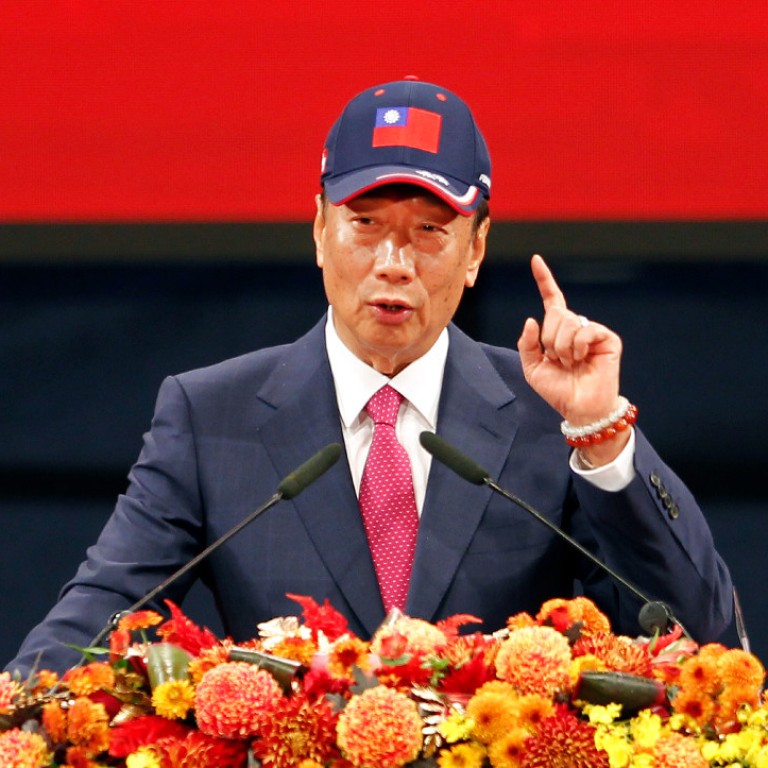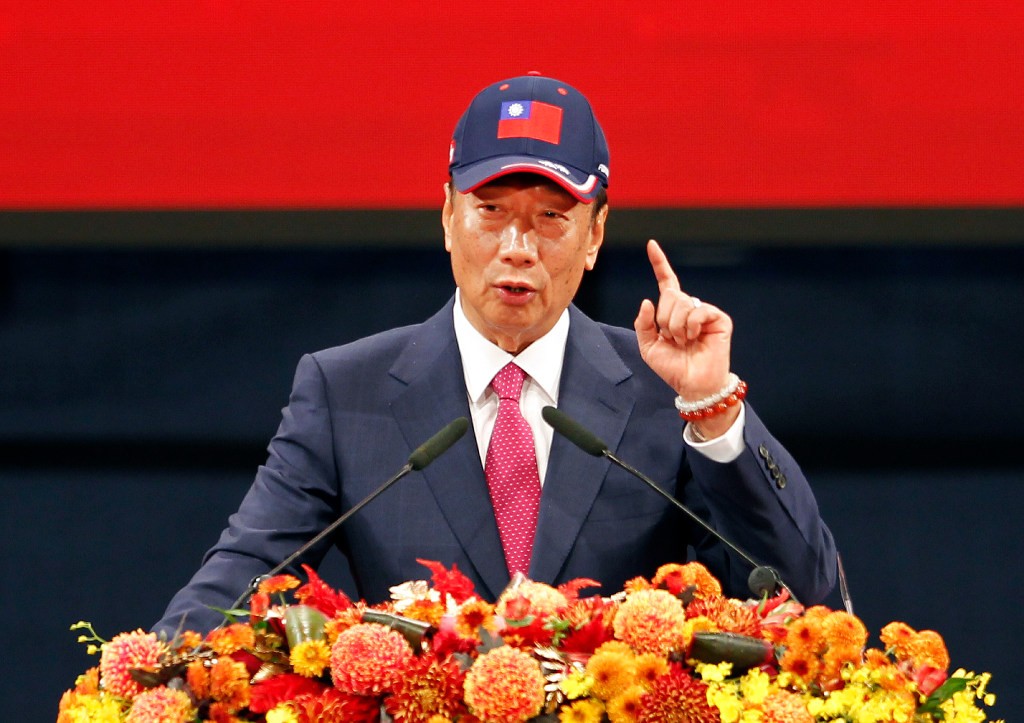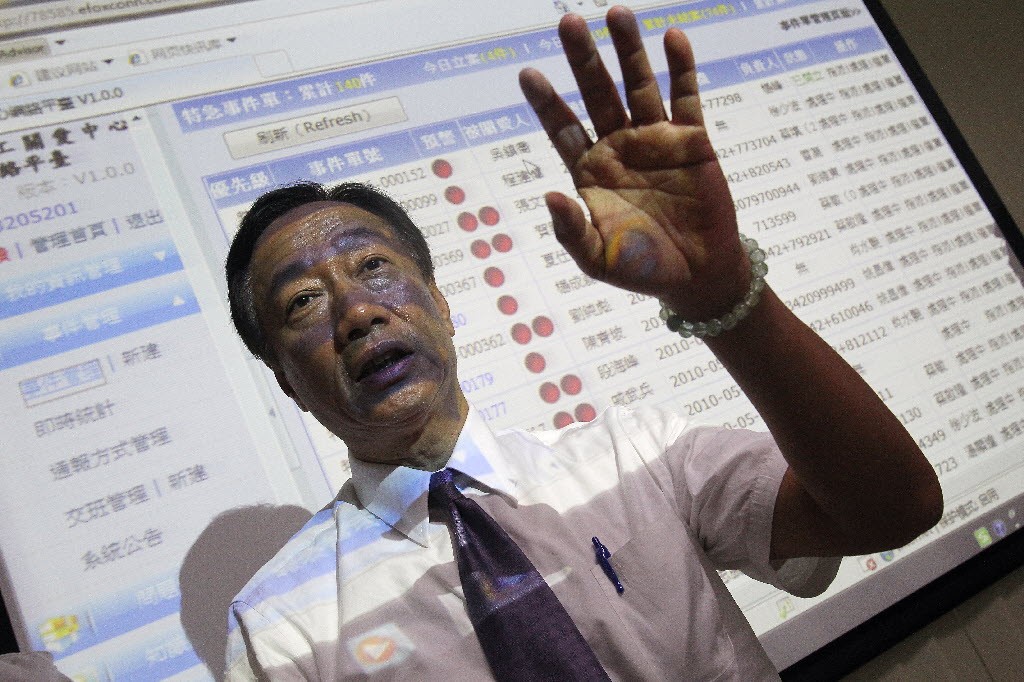
Terry Gou, the man who built the manufacturing empire for iPhones and Kindles
One of Taiwan’s richest tycoons, Terry Gou is the founder of Foxconn, also known as Hon Hai. The Taiwan-based electronics manufacturer operates factories in mainland China, among other places, that assemble products for the likes of Apple and Amazon.
For the past 45 years, Terry Gou poured his heart and soul into running the company that assembles some of the most iconic gadgets in the world, including the iPhone, Kindle and PlayStation. This week, the 69-year-old Foxconn founder and chairman announced he’s ready to step back from the front lines.

Contract manufacturing has always been the core of Foxconn. A shipping clerk by training, Gou borrowed US$7,500 from his mother in 1974 to set up a 15-man operation making switches for black-and-white TVs.
Gou found his answer in mainland China. The Taiwan native was born to parents who fled the northern Chinese province of Shanxi during the civil war that ended in 1949. While many outside the mainland feared Communist influence, Gou opened a factory in Shenzhen, the city that later became the nation’s hardware tech hub.
It was here that Foxconn, also known as Hon Hai, began churning out near-finished computers for the likes of Apple and Hewlett-Packard, looking after the installation of power supplies and cables within each chassis.
The outsourcing of the manufacturing process was a key breakthrough that enabled companies like Apple to have iPhones and iPads designed in California and assembled in China, reducing production costs.

But it looks like Gou has other matters on his mind. He says he’s now considering running for the Taiwan presidency in the 2020 race.
For more insights into China tech, sign up for our tech newsletters, subscribe to our Inside China Tech podcast, and download the comprehensive 2019 China Internet Report. Also roam China Tech City, an award-winning interactive digital map at our sister site Abacus.

